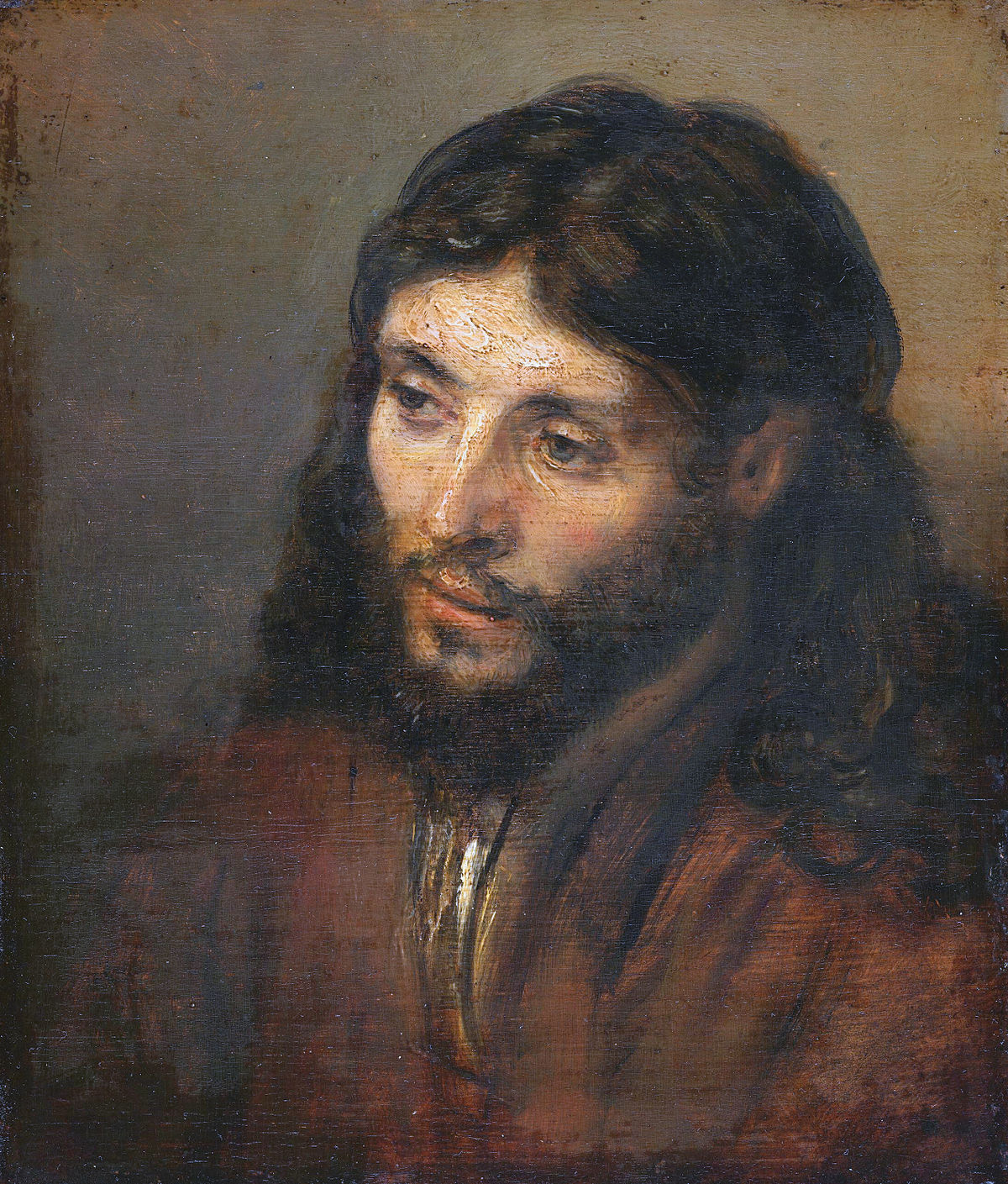Your questions are very interesting. I haven’t studied much of Kabbalah (the tradition is just so huge), but from what I can tell, there are those today who take certain teachings from works such as the Zohar, and place it above Talmudic authority, even after the Gemara was sealed by Rav Ashi (not that there should be contradictions). I had someone once say to me that Rashbi (author of the Zohar) was not able to make legal fences around binding halacha (as demanded in Deuteronomy), but this is incorrect. For one, Rashbi was on the Beit Din HaGadol, he was a student of Rav Akiva, so he certainly could make fences! Regardless, the Zohar isn’t a work of halacha like Rambam’s Mishneh Torah. Third. Can we even pasken from it? Many say no. The Geonim and Rishonim, even as late as Rabbeinu Gershom, thought that one could make “enforced” fences, BUT, if memory serves me right, the leshitasam said that it was simply a daas yachid, or minority opinion. So I guess it’s up to what you believe!
Regarding the Baal Shem Tov and his use of amulets (kameyos), there are, again, many opinions. His apologists will argue that he had the right to do so, but some think it nothing more than your standard avodah Zara and cite the fact that they are frequently referred to as “darchei emori.” Now note that this has been going on since Genoic times, even though some rebuked their usage, such as Rambam, who himself, in spite of what Kabbalists wishfully want to believe, wasn’t a mystic.
Now, from the other side…
The meiseh says that one time after Shabbos, the Baal Shem Tov approached R. Yitzchak of Drohovitch, who had caused a temporary standstill in the amulets’ healing power because he thought it unwise to use the name of the Holy One, blessed be He, on any parchment for one may have anterior motives or use the Name incorrectly, causing damage to himself and others. What was the response? That he never did use the Divine Name, rather, his own, Yisrael Ben Sara. At this, R. Drohovitch asked to see one for himself, and when shown, he relented and asked G-d to grant potency again to the amulets, supposedly surprised that such amulets, without bearing the name of G-d, could cause such healing powers. Lastly, the Talmud says it is permissible for a tzadik to hand a person a coin via his blessing. So it seems that such amulets were fine, at least with Kabbalah Ma’asit.
But personally, I’m not sure what to believe, I guess the latter view, as we go by the majority consensus, or klal yisrael, and since his memory hasn’t been tainted, per se, we should follow it. But that is my personal view, and I know many would derail me as leaving Torah for esoteric approaches.

